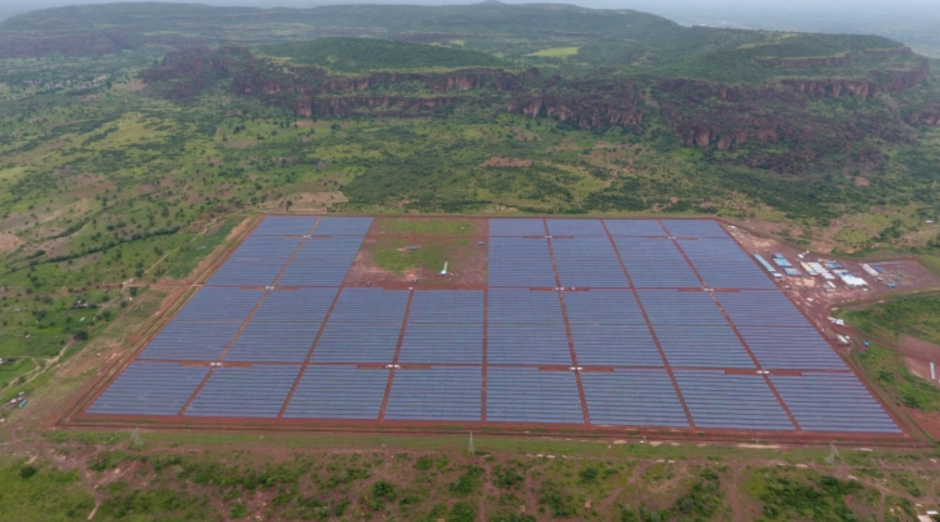
African states trying to secure domestic energy infrastructure have tended to struggle with creditworthiness, which makes project financing more difficult.
“African states are not able to provide those nice government guarantees for power plants”, said a Bracewell partner Oliver Irwin, speaking during a recent webinar. The limited capacity of the African states stands in broad contrast to the Middle East, where such guarantees remain a possibility.
“Project financing of utility scale power projects is a more difficult game,” Irwin said.
The lawyer, who specialises in project finance, said there was scope for a corporate or industrial (C&I) offtaker for a power purchase agreement (PPA).
Ørsted signed a contract this week for power supply in Taiwan from an offshore wind farm. Significantly, the company signed the PPA with TSMC, a major semiconductor manufacturer.
Gas plans
Similar problems exist for regasification plans in Africa.
“The obvious place for new regasification plans will be developing economies in Asia, such as Pakistan and Bangladesh. Europe is probably at saturation point, although there are some exceptions to that rule. In Africa it is harder to get projects off the ground, but it is worth recalling that the fastest ever import project was in Egypt, which used an existing FSRU,” said Bracewell’s Nina Howell.
A shift to gas would help reduce carbon emissions in Africa. This would come as an alternative to heavy fuel oil.
“There’s been criticism of gas generation but it is a good alternative to fuel oil for independent power producers (IPPs). Investing in gas doesn’t mean you can’t invest in renewables and other lower carbon forms of generation,” Irwin said.
“The potential game changer will be battery storage, which can provide grid parity in a subsidy-free way. That could allow renewables to be comparable with thermal generation at that point.”
